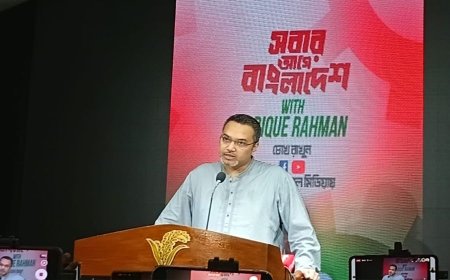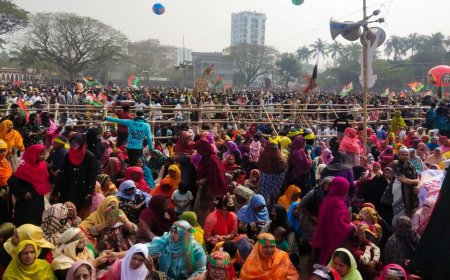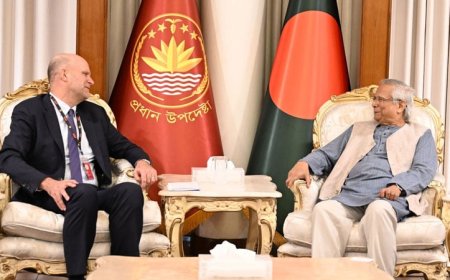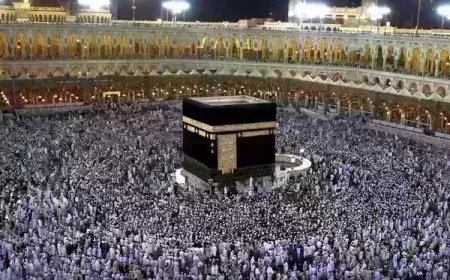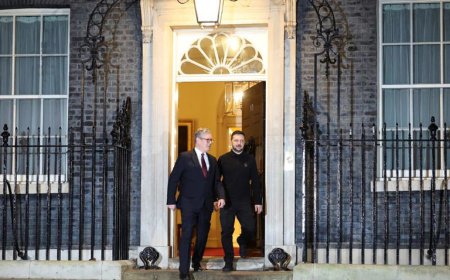G7 convenes to discuss Syria as government commits to upholding rule of law
G7 convenes to discuss Syria as government commits to upholding rule of law
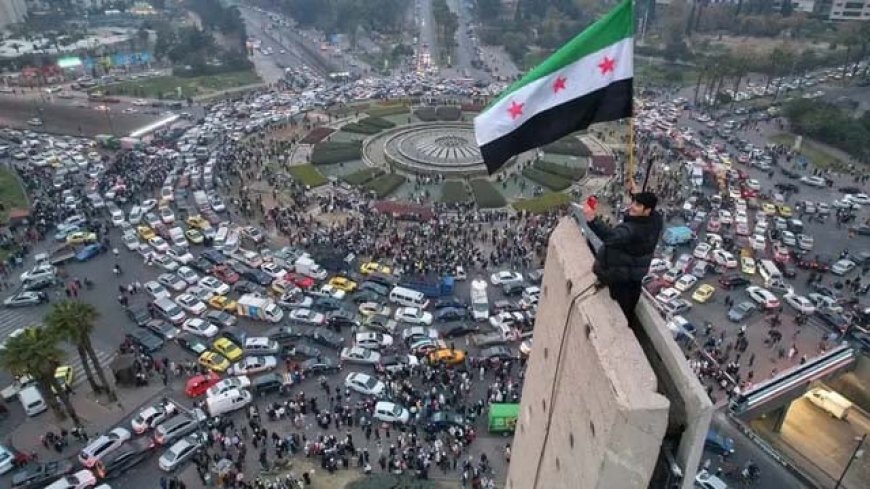
- The World Food Programme (WFP) appeals for $250 million to provide food assistance to displaced and vulnerable populations in Syria over the next six months.
- Jordan declares plans to host a Syria crisis summit featuring foreign ministers from Western and Arab nations.
Rephrased Article:
G7 Leaders to Convene Virtually to Discuss Syria’s Transition
G7 leaders will hold a virtual meeting on Friday to address significant developments in Syria, where the interim government has pledged to uphold the "rule of law" following the fall of President Bashar al-Assad. Assad fled Syria after a rapid offensive by the Islamist group Hayat Tahrir al-Sham (HTS) and its allies, ending five decades of authoritarian rule by his family.
The regime change was met with widespread celebrations by Syrians, both domestically and abroad, who endured years of repression and nearly 14 years of a devastating conflict that claimed over 500,000 lives and displaced millions. The UN Office for the Coordination of Humanitarian Affairs (OCHA) reported that 1.1 million people, predominantly women and children, were displaced since the offensive began on November 27.
Interim Government’s Transition Plan
The interim government announced a three-month transitional period during which the constitution and parliament would be suspended. A judicial and human rights committee will review the constitution and propose amendments, spokesperson Obaida Arnaout told AFP.
Speaking from a state television station now controlled by the new authorities, Arnaout emphasized their commitment to the "rule of law" and accountability for crimes against the Syrian people. He assured respect for Syria's cultural and religious diversity and pledged justice for victims of Assad’s regime.
International Reactions and Concerns
US Secretary of State Antony Blinken, visiting Turkey, urged Syrian actors to protect civilians, including minorities, and avoid sparking further conflicts. Blinken highlighted concerns over recent Israeli and Turkish military actions in Syria, emphasizing Washington’s goal of preventing Syria from becoming a terrorist hub or threatening neighboring states.
The UN expressed alarm over continued Israeli airstrikes, including those reported near Damascus on Thursday, which caused loud explosions. Israeli actions follow heightened regional tensions, including its recent troop deployment to the UN buffer zone on the Golan Heights, violating a longstanding armistice.
Humanitarian Appeals and Regional Diplomacy
The UN’s World Food Programme (WFP) has called for $250 million to aid displaced and vulnerable Syrians over the next six months. Meanwhile, Jordan announced it would host a summit on Saturday to address the Syria crisis, with participation from foreign ministers of Western and Arab nations, as well as Turkey.
Justice and Accountability Efforts
HTS leader Abu Mohammed al-Jolani, now publicly using his real name Ahmed al-Sharaa, vowed to hold Assad-era perpetrators accountable. He urged international cooperation in extraditing individuals responsible for crimes against Syrians. The US Justice Department has already charged Samir Ousman Alsheikh, the former head of Damascus Central Prison, with torture.
UN investigators disclosed they have documented 4,000 cases of serious crimes in Syria since the conflict began. Efforts to resolve cases of missing US citizens, including journalist Austin Tice, remain ongoing.
Cautious Optimism Amidst Challenges
The collapse of Assad’s regime has left Syrians grappling with uncertainty over the country’s future. While some celebrate newfound freedom, concerns remain about governance under HTS, a group rooted in Syria’s branch of Al-Qaeda.
In the Israeli-occupied Golan Heights, seized from Syria in 1967, some Druze residents expressed hope for a return to Syrian governance, believing it could not be worse than Assad’s regime.
Despite challenges, many Syrians remain optimistic. “There is always uncertainty, but I insist on remaining hopeful,” said Talal Abu Saleh, a 69-year-old resident of the Golan Heights.
What's Your Reaction?







